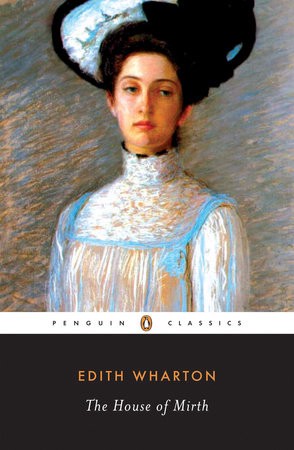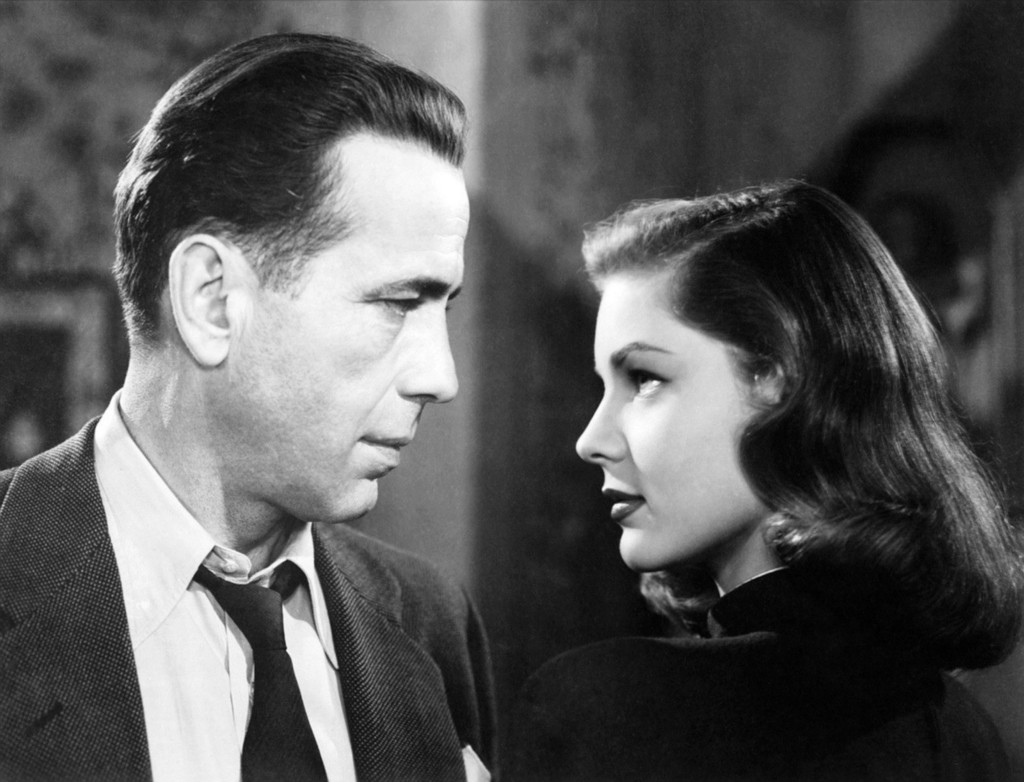Novel Gazing
How Edith Wharton Changed My Understanding of Marriage
Coming of age as a reader and child of my father’s second family

Novel Gazing is Electric Literature’s personal essay series about the way reading shapes our lives. This time, we asked: What book was your feminist awakening?
There’s a scene from Bernardo Bertolucci’s The Last Emperor in which Wenxiu (Wu Jun Mei), the second wife of the recently exiled emperor, tells her husband Puyi (John Lone) that she wants a divorce. “I do not want to be your mistress any longer,” she declares in the back of their chauffeured sedan while seated next to Puyi’s first wife, Wanrong (Joan Chen). Both women are shown draped in furs, each clutching their respective lap dogs. Later, we see Wenxiu make good on this threat as she walks out the front door of their European-style house and into the rain without an attendant or even an umbrella. It is a brief moment of triumph in the otherwise unhappy biopic.

Being that I was around eight or nine years old at the time, most of the political history was lost on me. But I found myself drawn in by the grand images of the Forbidden City (a place I wouldn’t visit in real life until I was 20 years old), the adult themes (including opium addiction and lesbianism), and the epic tragedy of it all. The “first wife” and “second wife” statuses — which my mother assured me was the norm in China back in those days — was something I was still learning to wrap my head around about the same time I watched the film version of The Joy Luck Club. Perhaps the seemingly dated concept of polygamous marriage so struck me because somewhere in my subconscious I recognized its familiarity. I grew up fully aware that my mother and I were my father’s second family, and so I knew there was a “first wife,” whom he remained legally married to, and a first family filled with older half-siblings that I would see from time to time. I had an inkling that it was not the typical arrangement, but my parents lived together in one home, so it was close enough to a nuclear family as far as I was concerned. My parents finally separated when I was 12, and the comforts of my childhood departed along with my father in more ways than one.
I grew up fully aware that my mother and I were my father’s second family.
In my mid-twenties, fresh from first heartbreak and unsteady bouts of employment, I was long overdue to encounter Edith Wharton. I started with The Age of Innocence, which was perfection. But it was The House of Mirth that allowed me to see my life as a single woman in a whole new light.

The novel introduces its flawed heroine, Lily Bart, through the eyes of Lawrence Selden, a bachelor with little wealth, and who therefore is not a suitable match for Miss Bart. The first few pages read like a modern New York story: two friends run into each other at Grand Central. On account of her “thirst,” Selden invites Lily back to his place for some tea and a smoke. It is there in his Madison Avenue apartment that she remarks: “How delicious to have a place like this all to one’s self! What a miserable thing it is to be a woman.” A typical man, he doesn’t quite understand his own privilege, replying, “Even women…have been known to enjoy the privileges of a flat.” She immediately sets him straight, interjecting: “Oh, governesses — or widows. But not girls — not poor, miserable, marriageable girls!” Therein lies the central question of the narrative: how can a woman live independently? In Lily Bart’s case, she doesn’t, not if she wants to remain in the good graces of society. Wharton, of course, was writing about the leisure class. Certainly, the char woman scrubbing the steps that Lily later passes while leaving Selden’s apartment doesn’t have the same luxury of contemplating gender politics in between social calls on a hot afternoon.
Therein lies the central question of the narrative: how can a woman live independently?
In my case, it was also thanks to a certain amount of privilege that I had been able to pursue unpaid internships and underpaid gigs before landing my first full-time, salaried job at the age of 25. Only then was I finally able to afford New York City rent on my own, without assistance from my father. I realize how lucky I was to have his help in those lean times, but the money did not come without an emotional cost. I remember the year he disinvited me from spending Christmas with his first family. “It’s better if you don’t come,” he said over the phone without giving me any reason. I cried as I told my mother, and we speculated what may have caused the change in heart. Although I had never considered that he might have been ashamed of me, perhaps he thought members of his other family would be uncomfortable with my presence. Maybe to his other kids, I would always represent his past dalliance, his brief abandonment of them. When I did see my father before flying back to New York, his parting gift to me was an envelope full of cash. He traded in money instead of love. I accepted the consolation prize, but it would be the last holiday I would spend in California.
Back in Lily Bart’s time, without money from her family, a woman’s only option was marriage. As the 29-year-old approaches potential spinster age — “I’m as old as the hills, of course,” Lily jokes — the pressure to marry is inescapable. When Selden asks her, “Isn’t marriage your vocation? Isn’t it what you’re all brought up for?” she observes a clear difference between men and women when it comes to marriage: “a girl must, a man may if he chooses.” Here, she speaks to her lack of financial independence, for even as a grown woman, Lily lives as her aunt’s ward and receives an allowance. Of Gerty Farish, Selden’s unmarried cousin who has enough money to live modestly on her own but remains an outsider in society, Lily laments, “she is free and I am not.” Lily’s own situation is complicated by gambling debts and the constant need to keep up appearances. Only marriage to a wealthy man would solve her financial woes, and so Wharton draws a direct line between marriage and money — both of which went hand in hand for a woman’s survival.
Once, when I was feeling particularly blue about being single, a friend pointed out that for the majority of history women have been the property of men. Or, at the very least, they had no choice when it came to relying on men to provide them with a comfortable life and respectability. It was his way of helping me to maintain perspective. Thinking about Lily Bart’s fate, about that of so many women of literature and stories of the past, about my own mother’s struggles, I knew he was right. The lack of financial independence has proven to be the ruin of so many famous fallen women such as Madame Bovary, while Anna Karenina finds herself trapped by her class status. For these birds in gilded cages, the only way out seems to be death. For my mother, who grew up in a poor fishing village and as a second-class citizen in British-ruled Hong Kong, her fortune changed in America, where she met my father and helped him build his real estate business. And while I have come to respect her ability to free herself from their relationship, I also witnessed how her financial situation deteriorated afterward.
While I have come to respect my mother’s ability to free herself from her relationship, I also witnessed how her financial situation deteriorated afterward.
Perhaps this is why Wenxiu’s decision to leave behind her life as a royal consort in exchange for her freedom seemed incredibly brave to me. That she’s shown walking off screen, into the unknown, only added to the symbolism of the moment. We never see what happens to her in the film. In reality, she filed for divorce and was stripped of her titles. She became a schoolteacher, remarried, and died at 43. Years later, I’m reminded that the very act of being able to support oneself as a woman outside the institution of marriage is still a radical one. That women like Wenxiu, Lily Bart, and even my mother were willing to give up so much in order to live on their own terms makes me wonder why we continue to view marriage as the end goal. And that the possibility of a happy ending for women who choose to stay single or unmarried is still looked upon with doubt should compel us to rewrite the narrative.








